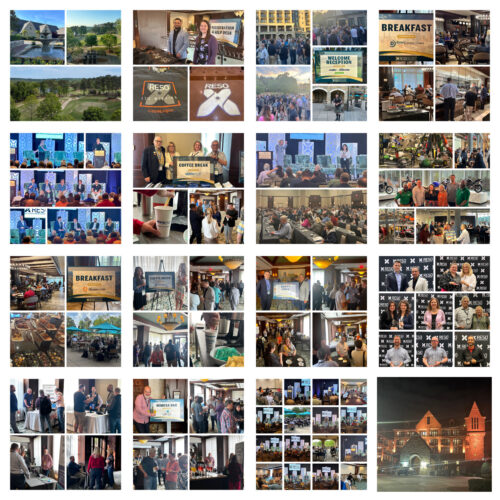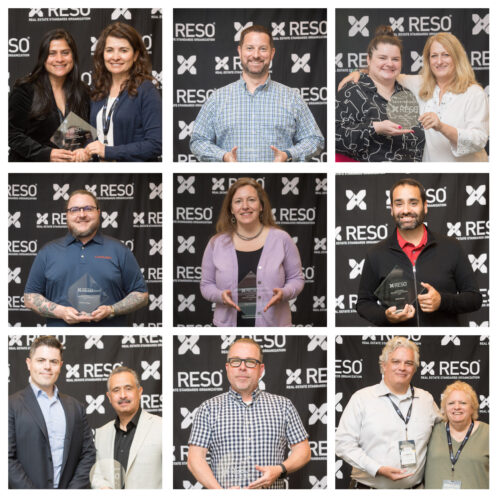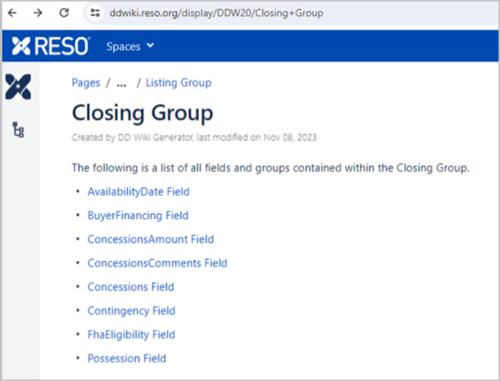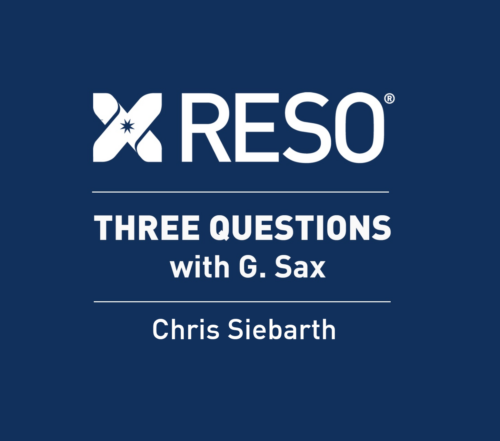If you want to maximize your membership in RESO, the first thing you should do sign up for at least one of our workgroups. The time commitment is highly manageable – which means it’s fairly easy to be able to join and contribute to a couple of workgroups as each meet just once a month – via a conference call every month except the two months of the year when we have face-to-face workgroup meetings at the RESO Spring and Fall Conferences.
Here’s a brief overview of each of our current RESO workgroups to give you an idea of what they are about and help you determine the fit that is best for you, your business and the interest of your clients. Note that each workgroup heading links to our RESO website where there is additional information available on each of these choices.
Research and Development or R&D
If you think of the data standards process as a giant funnel, then it’s our Research and Development Workgroup that is at the top of the funnel. The purpose of the RESO Research and Development Workgroup is to solicit and review submitted business cases from the real estate community and identify how RESO can contribute to the benefit of that business process. Questions this group addresses include:
- Is it within RESO’s realm?
- Is there significant demand from the key players, and if so, which ones? (i.e. agent, broker, technology vendor, MLS, consumer)
- Would it have a positive, noticeable, and worthwhile impact on the real estate industry? (such as create efficiencies, reduce costs, etc.)
- Would the potential return on RESO resource investment be worth it?
R&D, under the leadership of Chair Greg Moore, is where the great idea starts and helps RESO decide where to focus its attention and energy. If you’re new to RESO, the R&D Workgroup is one of the best groups to join to become an immediate contributor, and is especially important for brokerage leaders to participate. This blog explores the benefits of joining the RESO R&D Workgroup.
Data Dictionary
Rob Larson chairs this workgroup, which has two purposes. The first is to serve as a guideline for a national standard for the fields and lookups (enumerations) in the MLS. The second is as a common center for all expressions of fields and enumerations in the RETS & RESO Web API standards. The workgroup’s purpose is to maintain and develop the Data Dictionary, which serves as the “Rosetta Stone” for real estate data standards, making sure systems can “talk” to one another without the need of a translator. Here’s a blog that reviews the work Rob and his workgroup have done to support the RESO Data Dictionary.
Internet Tracking
This is one of the hottest topics in the industry and Chris Lambrou chairs one of our most popular RESO workgroups. Internet Tracking data is a key component for any modern day data set. No longer is having the data secure and readily available enough. True analytics now show that value is now expected and commonplace in the software industry. This workgroup will propose a recommended standard for inclusion in future versions of the RESO Data Dictionary for tracking listing and client activity across the Internet, including the MLS listing. Here’s a blog about the Internet Tracking Workgroup.
PUID
The RESO Unique Property Identifier Workgroup addresses the issues resulting from the disparate set of identifier formats used to identify listing property records by creating a standard for a Property Unique Identifier (PUID). This workgroup, headed by Chair Mark Bessett, is reviewing and building on efforts from the U.S. government, public records industry and other data standards organizations to build the U.S. “definitive” standard for the Universal Property Identifier to be used for the North American real estate industry.
A PUID will help minimize listing duplication throughout the North American real estate industry, eliminating many redundancies as well as improve efficiencies throughout the industry. A PUID will also likely have some impact on improving software portability/reuse and facilitating product and services innovation in the real estate industry. RESO member Matt Cohen wrote about the PUID in his Clareity blog.
Transport/Web API
The mission of the Transport Workgroup, run by Chair Scott Petronis, is to provide a technical process and underlying specification for transporting listing data in a modern manner. This includes the latest RESO industry standard, the RESTful Web API interface for real estate transactions. Here’s a blog about the RESO Web API standard.
Payloads Workgroup
Our newest workgroup, led by Chair Rick Trevino, focuses on data payloads. Real estate data is typically delivered as a package comprised of a set of data for a specific business need. The RESO Data Dictionary defines all the fields (and their specific characteristics) available to be included in a payload. The Payloads Workgroup purpose is to define payload categories based upon real estate industry business need and which fields are to be included in each payload category as specified within the RESO Data Dictionary. The Payloads Workgroup is currently focused on providing a standardized payload for Internet Data Exchange (IDX). Once formed and implemented industry wide, brokerages can expect to receive the same set of fields across multiple MLSs in a consistent manner for their IDX needs. Here’s a blog about the Payload Workgroup.
RETS 1x
Lead by Chair Paul Stusiak, this workgroup maintains and updates the RETS 1x standard based on current needs, changes involving security, certification and data dictionary. The RETS 1x Workgroup is currently developing the last version of the RETS Standard, RETS Version 1.9. The RETS 1x Workgroup was RESO’s first Workgroup dating back to 1999.
As you can see, the breath of the variety of RESO Workgroups truly offers something for every member. Joining is the best way to get a seat at the table and help shape the future of real estate standards. There’s no better way to maximize your RESO membership.







